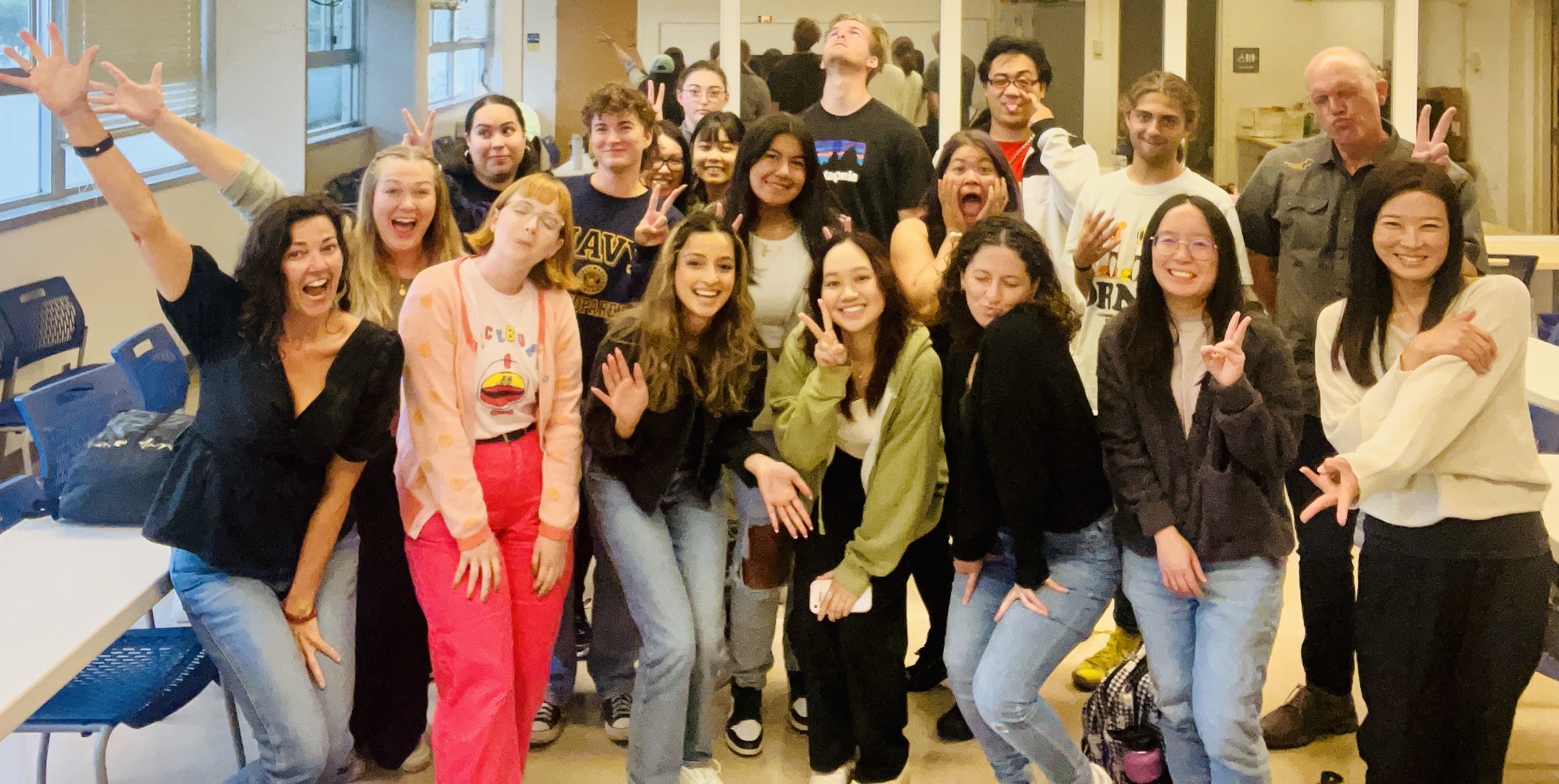Developmental Psychology Concentration
Concentration in developmental psychology at SFSU focuses on growth and development across the lifespan. It is designed for students with major interests in areas of social and emotional development, parent-child relationships, sex differences, development across cultures and ethnic minority groups, learning, cognition, and psycholinguistics.
| Faculty Advisor | Contact Information | Specialty |
|---|---|---|
|
Cookston, Jeff Ph.D., University of Texas, Austin, 2000 |
Office: EP 503B Phone: (415) 405-2132 |
Psychology Department Graduate Coordinator Social Construction of Family Parenting Marital/Family Conflict Divorce |
|
Karras, Juliana Ph.D., City University of New York, 2018
|
Office Hours: By appointment with link below Schedule appointment Phone: (415) 405-3417 Email: jkarras@sfsu.edu |
Brown Bag Coordinator Inequality and Social Development Civic Engagement Children’s Rights Ethnic-Racial Identity Immigrant-Origin Children and Youth |
|
Paik, Jae Ph.D., Indiana University, 2004 |
Office: EP 305 Office Hours: Thursdays 8:30-10:30am & by appointment Zoom Link Phone: (415) 405-0577 Email: jaepaik@sfsu.edu Web: Learning and Developmental Lab |
Developmental Concentration Coordinator Social and Emotional Learning Cognitive Development Service Learning in Psychology Culture and Development |
Also, learn more about faculty members affiliated with the developmental concentration here!
Recent Research By Developmental Psychology Faculty
Dr. Karras recently collaborated in a youth participatory action research (yPAR) project to develop, implement and evaluate using migration narratives as a discrete intervention for promoting inclusive school climates for immigrant-origin students. Qualitative findings from this project will be published in a special issue of Cultural Diversity & Ethnic Minority Psychology regarding ‘Collaborative and Participatory Research to Promote Engagement, Empowerment, and Resilience for Immigrant and Refugee Youth, Families, and Communities’.
Cross-cultural patterns in mathematic and verbal skill acquisition among young children
Dr. Jae Paik has recently led and collaborated with her international colleagues from Netherlands, Peru, and Taiwan examining cross-cultural differences in the math abilities of preschoolers. In another line of research, Dr. Paik examined the effects of contexts and comparison processes on U.S. and Korean 2- and 3-year-olds' verb acquisition.
Intervention programs that reduce conflict among divorced parents
Dr. Jeffrey Cookston recently published an article in Family Court Review providing evidence that after participation in a divorcing parent education curriculum parents reported less conflict, anxiety, and depression. These results are important as they represent only the second time that a psychoeducational intervention program reduced conflict between parents after divorce. Incidentally, Dr. Cookston was also the lead author on that paper published in Family Processes.


